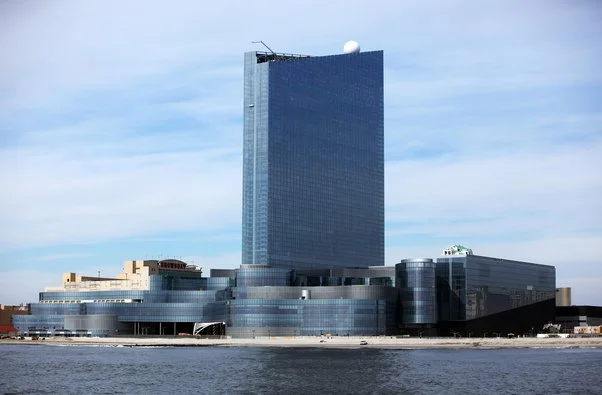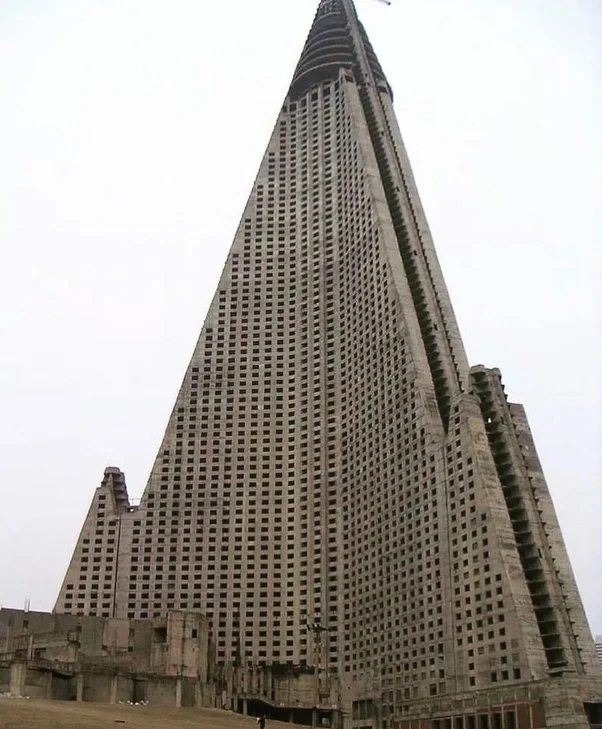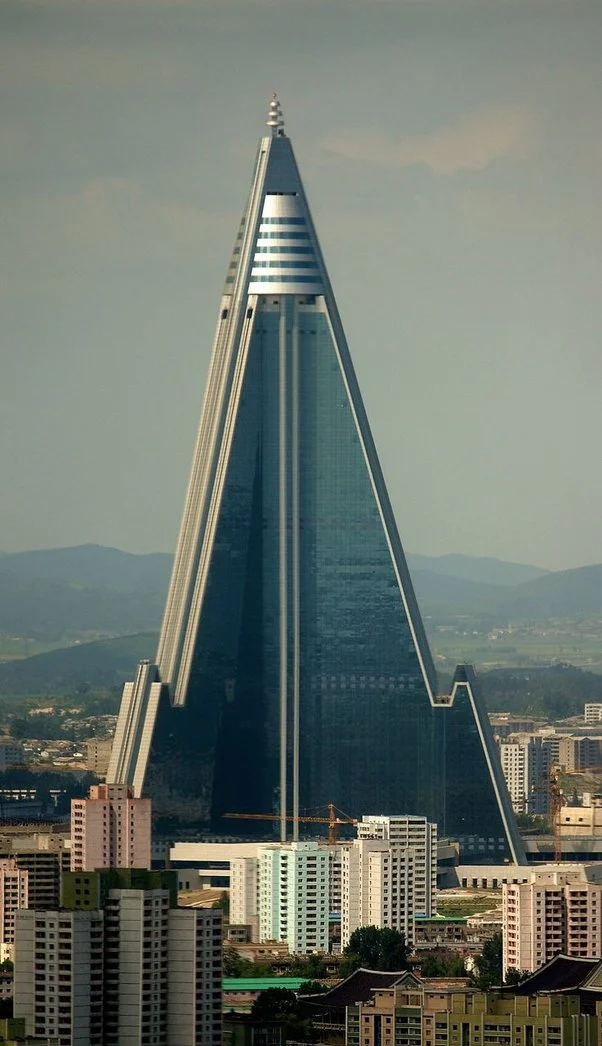When Millions Turned to Dust: Epic Money-Wasting Moments
It’s difficult to pinpoint the single biggest waste of money in human history, as there have been many instances of large-scale financial mismanagement and wasteful spending. Some notable examples include failed government projects, extravagant construction projects that were never completed, and costly military campaigns that resulted in little or no strategic gain. One infamous example is the construction of the Ryugyong Hotel in North Korea, which was left unfinished for many years after consuming a significant portion of the country’s resources. Additionally, there have been cases of financial fraud and corporate scandals that have resulted in enormous losses for investors and the public.
Las Vegas – Also known as the world’s gambling capital
A minority of people in the casino are the epitome of depression and desperation, they are not there to have fun, they are not there to enjoy their Friday night with friends playing 10$ blackjack hands.
They are there to gamble away their life savings, house, car, and loans they just took to chase the delusion of the life-changing jackpot which, for most, never comes.
Atlantic City, New Jersey
They are losing thousands, if not millions, of tourists to other cities. Many casinos have closed down and the ones that are still open are struggling to make a profit. Today, I’m going to be showing you a casino that opened in 2012, and it was supposed to be an iconic symbol of Atlantic City.
TEN Atlantic City
Construction began in 2007, the project would cost an astonishing 2.4 billion dollars. It would become the tallest casino in Atlantic City, and the second tallest in the United States. It opened its doors on April 2, 2012. Revel went through a rough start. The building was too massive to fill all of the 1,399 rooms it had. The debt began to build up right as they opened doors, and the owners had no idea what to do.
On February 19, 2013, they announced they would file for bankruptcy in March. The total debt was estimated to be around $1,000,000,000! On May 21, 2013, Revel exited the bankruptcy court by giving lenders an 82 percent stake in the property.
On June 19, 2014, they filed for bankruptcy again! They tried to sell the property, but there were no buyers. I wonder why? As a result, they closed their doors on September 1st, 2014. However, just 20 days later, a court-based auction was held. There was a $90 million bid on the property. Then another bid was placed for $110 million! Shortly afterwards the $110 million bidder walked away. The property was eventually sold to Glenn Straub for $95.4 million.
In the end, Revel lost over $2.3 billion.It may have not been the biggest waste of money, but it was a pretty big one. The problem was obvious. You can’t build a multi-billion dollar casino and hotel at an already struggling city! Some people can be so weird. The Revel was supposed to be an iconic symbol of Atlantic City. It was designed to be flooded with tourists and to host world-class shows. Instead, it’s looked down on as a symbol of enormous failure.
Archie Karas
Archie Karas was similar, although playing much higher stakes than your average addict In 1992 he ventured to Las Vegas, with nothing but $50 and a dream. After borrowing $10,000, he turned the borrowed amount into 40 MILLION DOLLARS. He then lost it all, he did not invest, and he did not give money to his family. He gave it all back to the casino.
FIFA World Cup Qatar
How about blowing > $200 billion just so your playboy ruler can party it up at a 4-week sporting event for a sport your country’s not even any good at? And that’s aside from the thousands of slave labor deaths that already occurred, and the thousands more expected to occur by 2022. We’re talking about building not just stadiums, but entire cities, including all the infrastructure, from scratch. In the middle of the desert. That will serve no function once the 2022 World Cup is over.
The $42 million clock
In 1986, the imagination of American inventor Danny Hillis sparked — what if he designed the world’s first clock that would keep time for 10,000 years? It would tick once a year, a century hand would advance once every 100 years and a cuckoo clock would chirp in a new millennium.
A fine enough idea in itself, and the first of a few prototypes was finished on December 31, 1999, just in time for the new millennium:
Ryugyong Hotel
Behold the colossal folly: the Ryugyong Hotel, a 105-story pyramid that looms over Pyongyang, North Korea. This architectural enigma was meant to be a monument to North Korea’s might and progress, but its saga is one of grand ambition and subsequent abandonment.
In 1987, construction commenced with fervor. The hotel was to be a beacon of modernity, a testament to the regime’s vision. Yet, fate intervened. The Soviet Union crumbled, and North Korea plunged into a dire economic crisis. By 1992, the once-promising project ground to a halt, leaving the Ryugyong Hotel a hollow shell against the sky.
For over two decades, it stood—unfinished, uninhabited, and haunting. Locals dubbed it the “Hotel of Doom”, a moniker that echoed through the empty corridors and vacant rooms. The pyramid’s apex, once destined to touch the heavens, now points to a different truth: that even the grandest dreams can crumble like empires, leaving behind a monument to hubris and the passage of time. 🏨🌆
United States descended upon Afghanistan
Two decades past, the United States descended upon Afghanistan, drawn by the specter of extremist groups. A priceless fortune—a staggering $2.3 trillion—was poured into the crucible, all in pursuit of eradicating this menace.
Yet, the sands of fate shifted. Afghanistan, once wrested from the clutches of extremism, found itself ensnared once more. The cycle reset, like a tragic refrain echoing across the rugged terrain.
In this two-decade odyssey, lives were the currency. 2,300 U.S. soldiers—their valor etched in history—fell in the line of duty. Over 20,000 were wounded, their scars both visible and hidden. The British, too, counted their losses—450 souls claimed by the unforgiving sands.
But the true toll? It lies in the Afghan soil, soaked with sacrifice. 60,000 security forces, guardians of a fragile peace, met their end. And the civilians? Their number, twice that, a silent testament to the cost of conflict.
The ledger, stained with ink and blood, tells a somber tale: extremism persists, and the echoes of war reverberate through time. 🕊️🌍
The $1000 App which does nothing
In 2008, the world was in the grip of ‘app fever’ – the IPhone was still new and exciting enough that thousands of crazy ‘novelty’ apps were flooding the marketplace. There were apps to let you pretend you were shaving:

